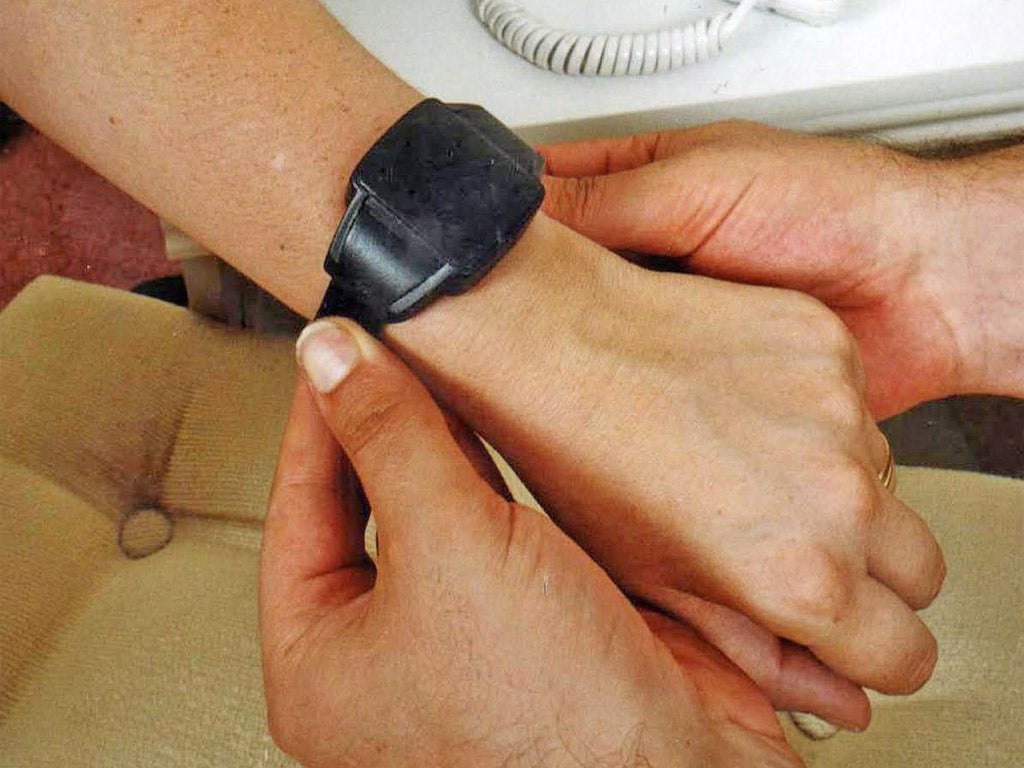Tagging of criminals fails in more than half of cases

More than half of electronically tagged criminals are breaking the terms of their curfews, raising questions about the effectiveness of one of the central planks of the Government's criminal justice agenda. A report by the Inspectorate of Probation has found that 59 per cent of tagged offenders spent more than four hours away from home without authorisation.
The tagging policy is set for a huge expansion over the next five years. The report was published after a 15-year-old boy, who was subject to a tagging order, was detained yesterday for at least 10-and-a-half years for murdering a young architect. The boy – who cannot be named – breached his order six days before the fatal attack but was not brought to court in time.
Keith Vaz, chairman of the Commons Home Affairs Select Committee, said: "I am very concerned by the extent of electronic tagging violations that have been allowed to continue. The use of measures like tagging and curfews will be defunct if they are not monitored carefully and if violations do not result in a prison sentence. The public must be sure that community sentences are an effective form of punishment."
More than 20,000 offenders are monitored at any one time, according to the Ministry of Justice, in a programme that earns private companies tens of millions of pounds a year. The probation services union Napo said it had received reports of 120 flaws and snags in the nationwide tagging system in the first four months of this year. They included one case where the wrong person was tagged and victims of domestic violence were tagged and ordered to stay at the same home as the perpetrator. The inspectorate claimed that the two companies responsible for tagging, G4S and Serco, were doing what was required of them.
"The time is right for a thorough review of the tagging industry, its efficiency, its effectiveness and its profitability," said Harry Fletcher, assistant general secretary of Napo. The probation inspectorate's report found that an offender could be absent for all but the first minute of a 12-hour curfew and not be sent back to jail for a single breach. It said this "creates a gap between what the courts and public might reasonably expect and what actually happens".
Kenneth Clarke, the Justice Secretary, set out proposals to extend the use of tagging in March.
Bookmark popover
Removed from bookmarks